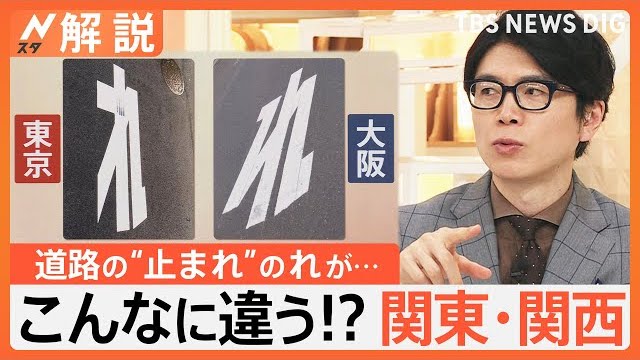TOKYO, Feb 10 (News On Japan) - The cultural tapestry of Japan is rich and diverse, with the Kanto and Kansai regions offering a fascinating study in contrasts, from convenience store rice balls to public bath customs. What are the differences?

Kumazaki Futo, a broadcaster, dives into one of the more delicious differences: the seaweed used in convenience store onigiri (rice balls). In Kanto, Seven-Eleven sells onigiri wrapped in "grilled nori" (seaweed), while in Kansai, the preference often leans towards "seasoned nori," depending on the filling.
Inoue Takahiro, another broadcaster, shares a personal preference for "seasoned nori," a sentiment echoed by many from the Kansai region, including obstetrician Song Mi Hyun. The seasoned nori's advantage? It adds flavor from the first bite, even if the filling is not immediately noticeable.
Seven-Eleven's public relations department notes that the preference for seasoned nori in Kansai led to a trial introduction of seasoned nori onigiri in the Kinki region in 2006, with a full-scale launch ten years later, in 2016.
Road Signs and Public Baths: Marking Regional Differences
Even road signs bear the mark of regional identity, with differences in the typeface of the "Stop" sign observed between Tokyo and Osaka. Automotive critic Kuniyoshi Mitsuhiko explains that variances in font styles across prefectures were due to a lack of national uniformity. Although the National Police Agency standardized the "Stop" sign font in 2014, Osaka retains some old signs, citing budget and time constraints.
Public baths, too, reflect regional distinctions. In Kanto, baths are typically installed against the wall, whereas, in Kansai, they occupy the center of the bathhouse. The size of the iconic "Kerorin" bucket also varies: it's slightly larger in Kanto than in Kansai. Hiromichi Miyamae, president of the Osaka Prefecture Public Bath Association, suggests these differences stem from bathing habits—Kanto residents traditionally wash before soaking, while Kansai residents may soak before washing.
These cultural nuances underscore the diversity of Japan's regions, with each area offering its own unique traditions and preferences.
Source: TBS


 by
by 












